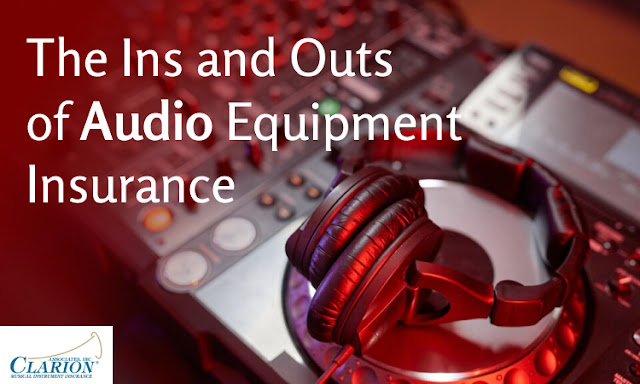In the world of music, the cello stands as a cherished companion to musicians, offering soulful melodies and emotional resonance. For cellists, their instrument is not just a tool but a part of their identity. Protecting this precious possession goes beyond emotional attachment. It is a practical necessity. Dedicated musical instrument insurance provides peace of mind for sure. There is no point denying it. However, ensuring its insurability requires conscientious care and upkeep. Here are essential tips for musicians to maintain their cello’s insurability. Read on!
Regular Maintenance
Maintaining the cello’s condition is pivotal for insurability. Regular check-ups by a qualified luthier (instrument maker or repairer) are crucial. Establish a routine inspection schedule, addressing issues like cracks, open seams, or varnish wear. It not only preserves the instrument but also demonstrates diligence to insurers. So, get it checked by a professional regularly without fail.
Climate Control
Extreme temperatures and humidity levels can harm the cello. Make sure to store it in a controlled environment—avoid damp basements or hot attics. Invest in a humidity-controlled case or use a dampness regulator to preserve the wood's integrity, safeguarding it from warping or cracking. It will ensure the insurability of your cello insurance policy.
Safe Storage
Protect the cello from accidents by ensuring safe storage. Invest in a sturdy case that provides proper cushioning and support. When your string is not in use, store it in an upright position. It is better to avoid leaning or stacking other objects on it. It minimizes the risk of accidental damage.
Transportation Precautions
Whether you are commuting to performances or traveling for musical tours, take precautions during transportation. Use a reliable case with proper padding and secure fastenings. Never leave the cello unattended in a car due to temperature fluctuations or theft risks.
Documentation of Condition
Maintaining comprehensive documentation of the cello’s condition is utterly important. Take detailed photographs showcasing any existing wear, scratches, or unique features. Keep receipts, appraisals, and repair records. This documentation serves as evidence of the instrument’s condition for insurance purposes. You are most likely to need them should you file an insurance claim.
String and Bow Care
Regularly change cello strings and maintain the bow without fail. Clean the strings after each use to prevent rosin buildup, which can damage the instrument’s finish. Store the bow correctly—loosen the hair tension after playing, protecting it from warping. If you keep these small but crucial things in mind, your string instrument will be in good shape.
Professional Appraisal
Periodically seek professional appraisal to ascertain the instrument’s current value. As cellos appreciate over time, ensuring the coverage aligns with the instrument’s updated value is essential. Inform the insurer about any modifications or improvements made to the musical equipment.
Security Measures
Enhance security measures to safeguard against theft. Invest in security systems for your home or studio. Engrave or label the cello discreetly with identification details to aid in recovery if it gets stolen.
Insurance Policy Review
Regularly review your cello insurance policy. Ensure it adequately covers potential risks such as damage during performances, travel, or theft. Understand coverage limitations, deductibles, and the claims process to make informed decisions. When you know what your policy includes and excludes, things become clearer and easy to handle.
Professional Consultation
Seek guidance from insurance professionals specializing in musical instrument insurance. They can provide tailored advice based on your specific needs and circumstances, ensuring you have the right coverage. Always remember! When it comes to musical instrument insurance, the one-size-fits-all approach does not work. So, you need to find a plan that meets your expectations.
In conclusion, a well-maintained cello not only resonates with beautiful melodies but also ensures its insurability. By diligently following these tips for maintenance, storage, documentation, and security measures, musicians can safeguard their cherished instruments, ensuring their protection through comprehensive insurance coverage. Prioritizing the cello’s care isn’t just about preserving its beauty; it’s about preserving its legacy for generations to come.



